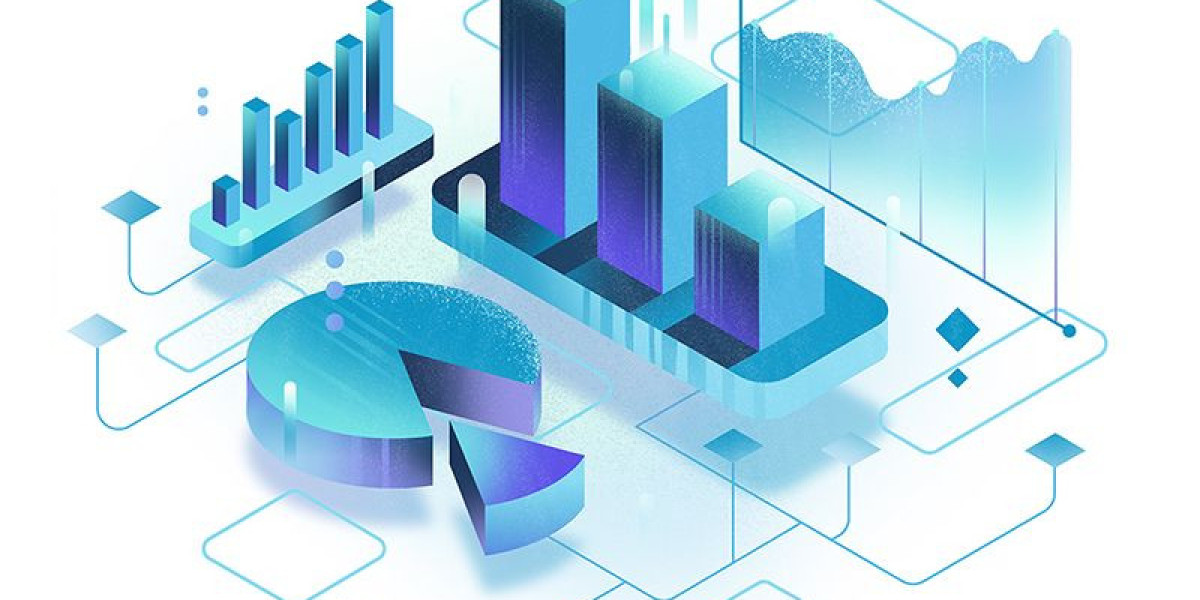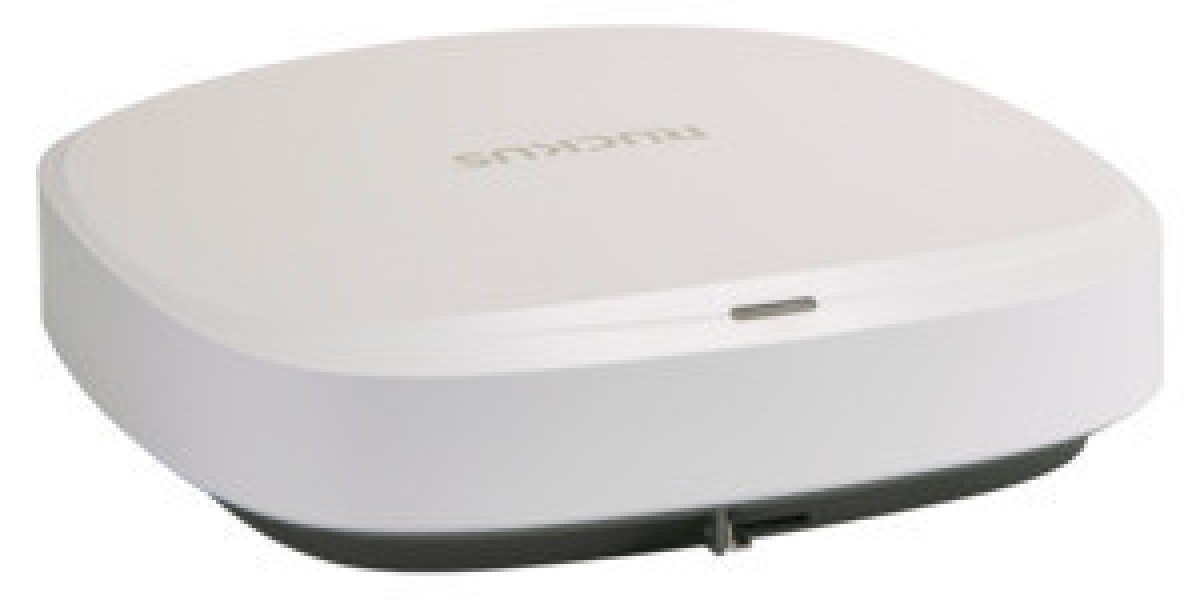The global vehicle electrification industry is projected to grow at a robust compound annual growth rate (CAGR) of 10.3% from 2022 to 2032. Valued at USD 72 billion in 2021, the market’s growth is largely driven by the increasing focus on eco-friendly solutions in the automotive industry.
Key factors contributing to this growth include rising fuel prices and a sharp increase in electric vehicle sales. Heightened environmental awareness, stringent emission regulations, and growing consumer demand for fuel-efficient vehicles further accelerate the market’s expansion. Additionally, government incentives such as tax breaks and subsidies are helping to promote vehicle electrification across the globe.
Technological advancements, such as the development of e-axles in electric vehicles, are also key drivers. The increasing demand for lightweight, fuel-efficient vehicles is expected to further support the vehicle electrification market’s growth over the coming years.
Key Takeaways from the Vehicle Electrification Industry Report:
- Demand for hybrid vehicles will propel market growth.
- The electric power steering sub-segment will dominate the Asia Pacific market.
- North America is anticipated to be the fastest-growing vehicle electrification market.
- The U.S. will lead the North America vehicle electrification market.
- Asia Pacific presents high growth opportunities for the vehicle electrification market.
- Governments in South Korea, India, and China to promote electric vehicles. This will boost market sales in the region.
- High battery costs, overheating, battery development, and total energy storage capacity of the battery are market challenges.
In-Depth Market Analysis: A Complete Report
Competitive Landscape:
Bosch, Continental, Denso, BorgWarner, and Mitsubishi Electric are some of the key manufacturing organizations in the vehicle electrification market that are profiled in the full version of the report.
In a competitive market, these major organizations maintain extensive product portfolios and strong global distribution channels. These companies engage in strategic collaborations, contracts, and engagements; increase investments in new product development, and employ other expansion strategies to gain a competitive edge.
Major manufacturers in the vehicle electrification market include Bosch (Germany), Continental (Germany), Denso (Japan), BorgWarner (US), and Mitsubishi Electric (Japan). These companies have extensive product lines and strong global distribution networks. To maintain their market position, these companies employ strategies such as new product development, expansions, collaborations, and contracts and agreements.
- ARBOC Specialty Vehicles, LLC (United States) and XL Fleet Corp. (United States) collaborated to electrify ARBOC Freedom low-floor buses.
- Ford (United States) has acquired Electriphi (California), a company that provides charge management and fleet monitoring software.
Electric power steering (ESP) installation provides reduced fuel consumption and improved vehicle maneuverability. ESP accounts for 91% of installation in the Asia Pacific vehicle electrification market. Thus the ESP sub-segment will own the highest market share in the forecast period.
Vehicle Electrification Industry Segmentation:
Product Type:
- Start/Stop System
- Electric Power Steering (EPS)
- Electric Air-Conditioner Compressor
- Electric Vacuum Pump
- Electric Oil Pump
- Electric Water Pump
- Liquid Heater PTC
- Integrated Starter Generator (ISG)
- Starter Motor
- Alternator
- Actuator
Degree of Hybridization:
- Internal Combustion Engine (ICE) & Micro-Hybrid Vehicle
- Hybrid Electric Vehicle (HEV)
- Plug-In Hybrid Electric Vehicle (PHEV)
- Battery Electric Vehicle (BEV)
- 48 V
Region:
- North America
- Latin America
- Western Europe
- Eastern Europe
- APEJ
- Japan
- Middle East & Africa
More Insights into the Vehicle Electrification Industry Report:
In its latest report, FMI offers an unbiased analysis of the global vehicle electrification market, providing historical data from 2017 to 2021 and forecast statistics for the period 2022 to 2032.
To understand the global market potential, growth, and scope, the market is segmented based on product type (start/stop system, electric power steering (EPS), electric air-conditioner compressor, electric vacuum pump, electric oil pump, electric water pump, liquid heater PTC, integrated starter generator (ISG), starter motor, alternator, actuator), degree of hybridization (internal combustion engine (ICE) & micro-hybrid vehicle, hybrid electric vehicle (HEV), plug-in hybrid electric vehicle (PHEV), battery electric vehicle (BEV) 48 v), and region.















